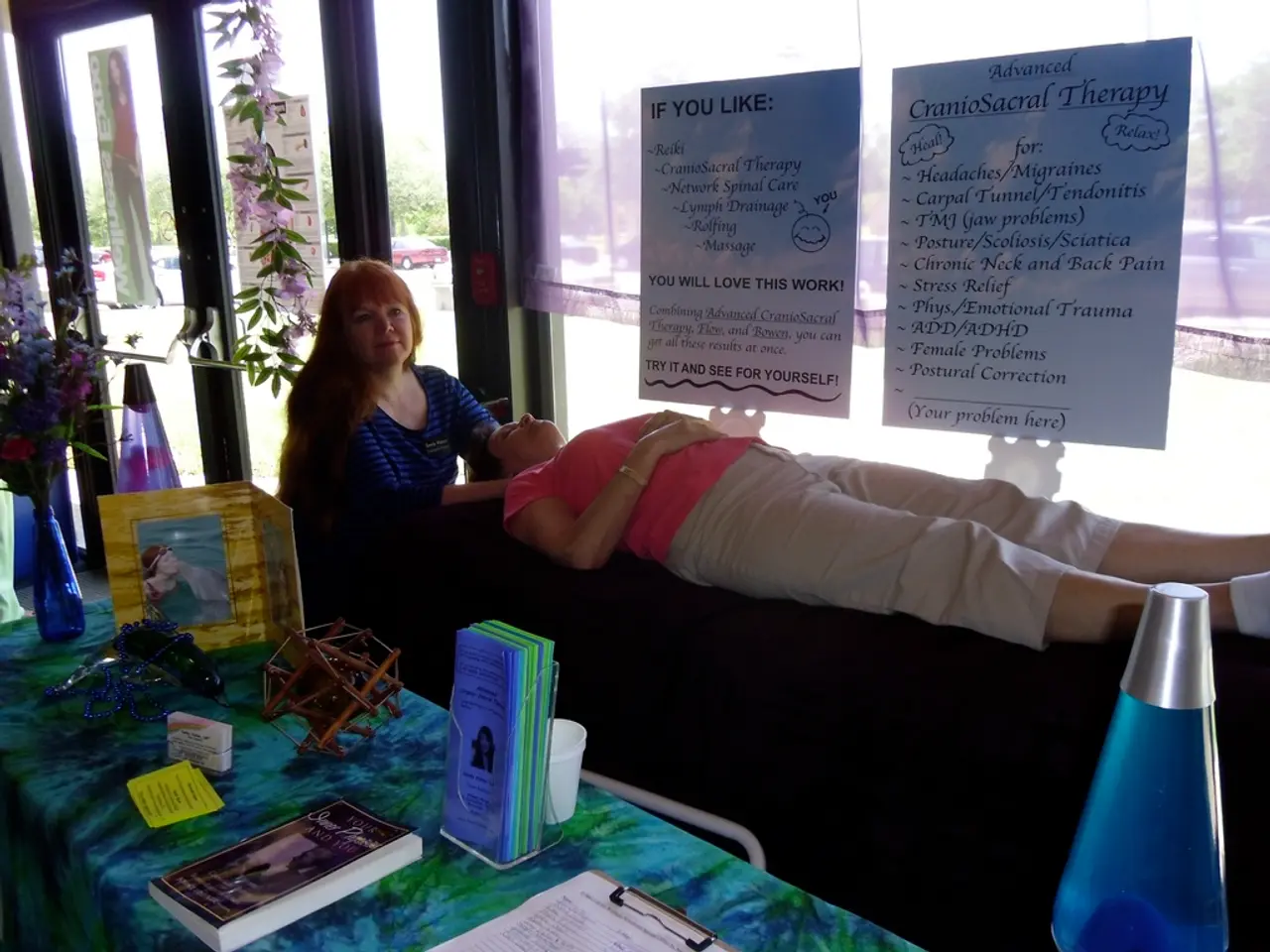Struggles Contributing to High Dropout Rates at Recovery Facilities
In the journey towards recovery, rehab centers play a crucial role. They provide a structured, repetitive daily routine to promote recovery, reduce boredom, and minimise the risk of relapse. However, despite the benefits, many individuals fear rehab and may choose to leave before completing their recovery.
Emotional challenges often contribute to this decision. Patients may feel emotionally overwhelmed or homesick, leading to a desire to leave early. The unfamiliar environment and separation from loved ones can cause feelings of loneliness and distress.
Another significant factor is the perception of illness or lack of readiness. Some individuals do not feel ready to stop using substances or may not fully accept their addiction, which undermines their commitment to rehab.
Detox can also be physically and mentally difficult, prompting some to leave to avoid discomfort or use again. Substance abuse symptoms and withdrawal can be challenging to overcome, and the thought of facing these struggles in a new environment can be daunting.
Social stigma and loneliness also play a role. Fear of judgment or shame can cause isolation, and being away from familiar support networks can contribute to loneliness.
Trust issues with treatment providers and program structure can also erode a patient's willingness to stay. Discomfort with rehab rules, a perceived lack of progress, or conflicts in relationships can lead to feelings of mistrust.
Financial concerns are another challenge. Worries about treatment costs, insurance coverage, or loss of income from work absence can discourage individuals from completing rehab programs. External responsibilities, such as family obligations, childcare, work commitments, and relationship conflicts, can also pull people away from rehab prematurely.
An inadequate or harsh treatment environment in rehab can negatively impact a patient's physical and mental well-being. A repetitive routine or treatment approach that doesn't seem engaging or specialized enough can reduce motivation to participate fully. Without feeling engaged in their recovery plan, patients may not develop essential coping skills, increasing the risk of leaving early or relapsing.
Leaving rehab early carries risks, including high relapse rates, incomplete skill development, and strained relationships. Addressing these fears with professional support, clear information about insurance and treatment, and tailored care strategies can improve retention and outcomes.
To overcome barriers to participation, motivation and inspiration are key. People in rehab may need encouragement to engage fully in their recovery journey. Financial concerns are a significant challenge, but addressing them can make treatment more accessible. Loneliness inside the rehab center can be addressed through special strategies for each individual.
It is essential to remember that everyone's journey to recovery is unique, and addressing these common fears and challenges can help individuals stay on the path to a healthier, substance-free life.
Read also:
- Foods to avoid for someone with interstitial cystitis include acidic foods like citrus fruits, spicy foods, artificial sweeteners, caffeine, alcohol, and fast foods high in sodium and preservatives.
- Analysis of Ro Hair Loss Solution: Is it the Optimal Choice for Male Pattern Baldness?
- Gatherings for Managing Eczema Symptoms
- Delhi sees city-wide canine capture following judicial order by Indian court




